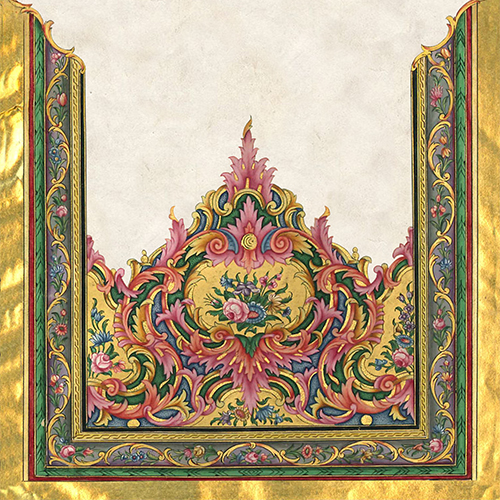

Memories of Humankind Seminars
Bringing Back the Books that Timur Stole from Anatolia: The Story of the Book Seven of Mathnawi
Aslıhan Gürbüzel
28 February 2020 / 18.30

About three and a half centuries after the death of Jalāladdin Rūmī, rumors that a hitherto unknown volume of the Mathnawī was found emerged in Damascus. When the head of the Konya Mawlawī lodge, Bostan Çelebi I, acquired a copy of the book and examined it, he confirmed that the book confirmed to the spirit of the Mathnawī, therefore was indeed Rūmī’s. The sheikh of the Galata Mawlawī lodge at the time, İsmāʿil ʿAnḳaravī (d.1631) instantly set out to write a commentary on Book Seven, and integrated references to this new volume all throughout his highly prestigious Mathnawī commentary. To some Mawlawīs, the book symbolized the return of Persian wisdom to Rum after Timūr’s pillaging of Persian books. To other contemporary authors, however, including certain Mawlawīs, the “fake” volume had to be banned from teaching circles, and eliminated from the Mathnawī commentary.
The debates on Book Seven of the Mathnawī, which started in the seventeenth century, continued well into the nineteenth century, at least until the time of Ahmet Cevdet Paşa (d. 1895), who argued vehemently against the printing of this volume. How did this strange and strongly contested new volume of the Mathnawī survive in Ottoman manuscript culture for two centuries? This talk uses manuscript notes to examine reader responses to Book Seven. Using the discussions around Book Seven as a case study, Aslıhan Gürbüzel addresses the question of authority and authenticity of manuscripts in Ottoman manuscript culture.
Image: Ḥusam Al-Din Chelebi, in a Dream, Sees the Prophet Muhammad Reading Rumi’s Masnavi.
Tarjuma-i Thawāqib-i manāqib (A Translation of Stars of the Legend), 1590s. The Morgan Library & Museum, MS M.466, fol. 156r.
Aslıhan Gürbüzel is an assistant professor of Ottoman history at the McGill Institute of Islamic Studies in Montreal. She completed her PhD in History and Middle Eastern Studies at Harvard University in 2016. Her research and teaching interest include History of the Ottoman Empire, Islamic Political Thought, Religious Movements to 1800, and Manuscript Studies. She is currently working on her first book based on her PhD dissertation entitled “Teachers of the Public, Advisors to the Sultan: Preachers and the Rise of a Political Public Sphere in Early Modern Istanbul (1600-1670).”
Free of admissions; drop in. The talk will be in Turkish.

